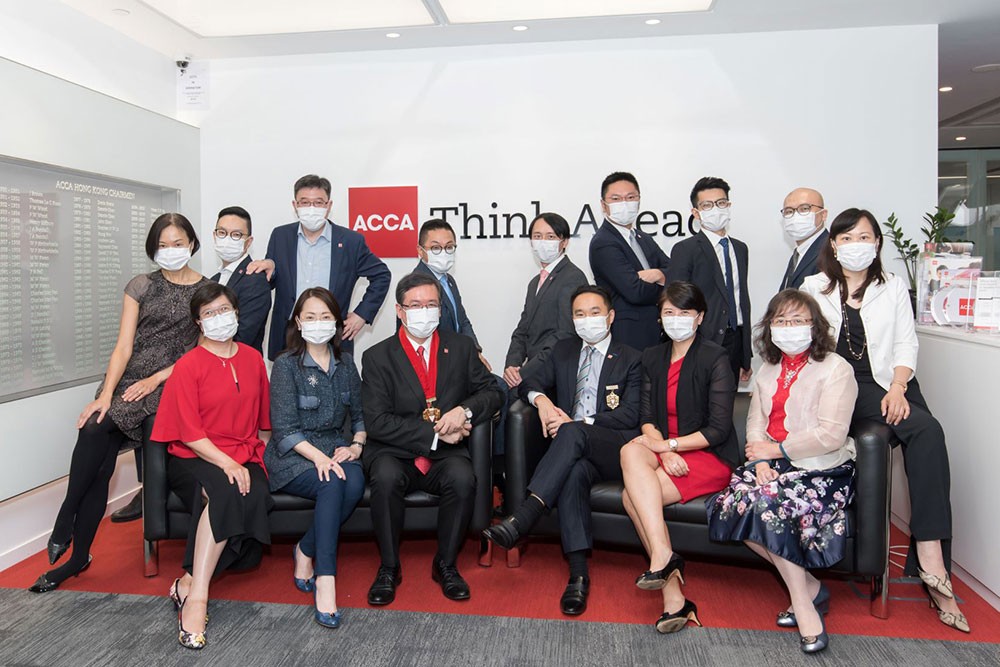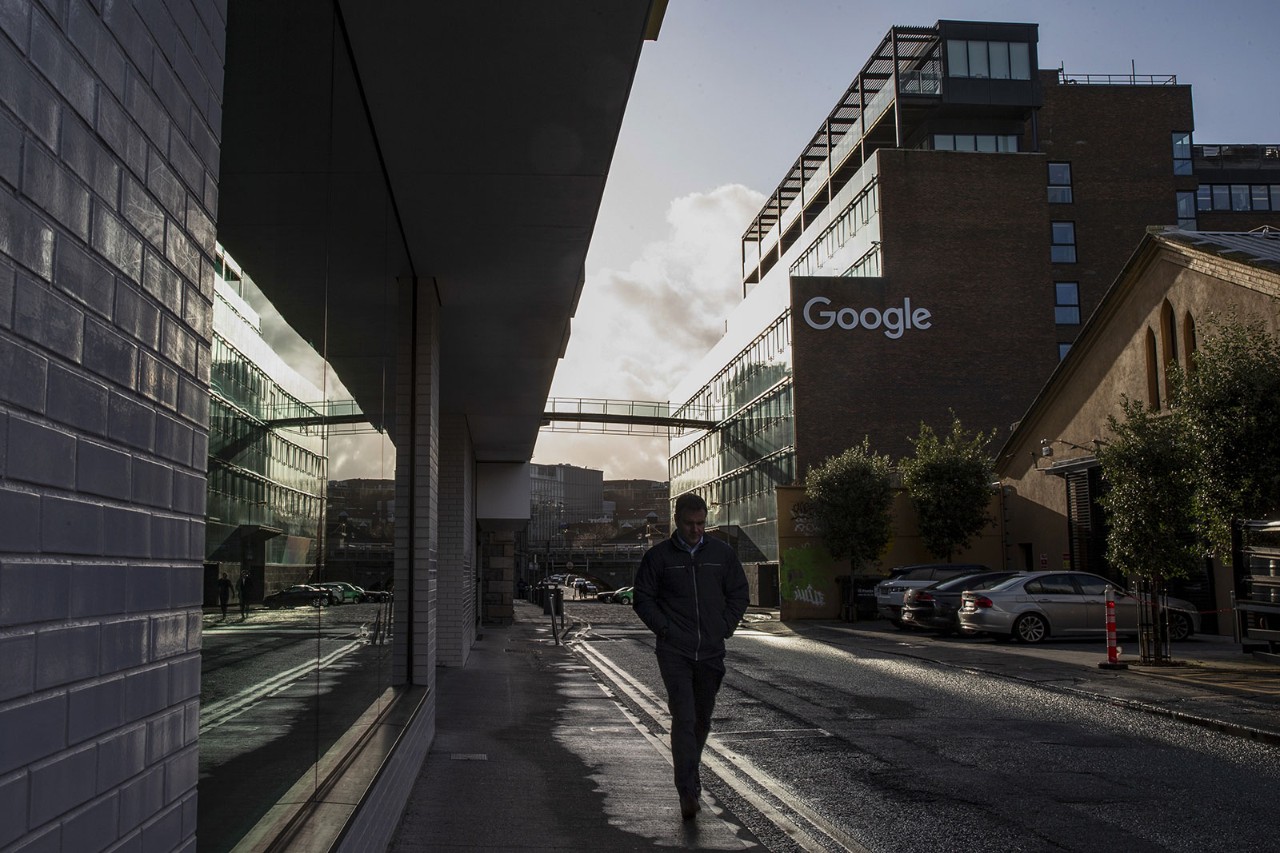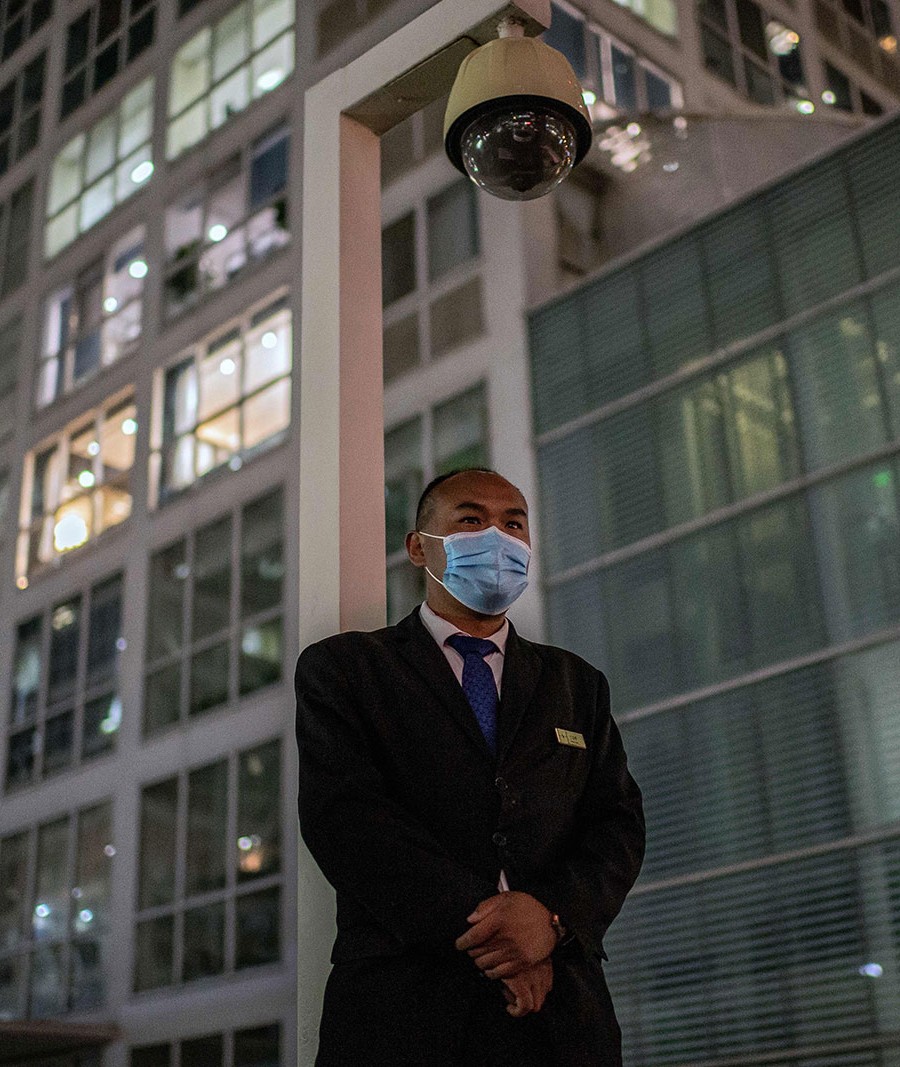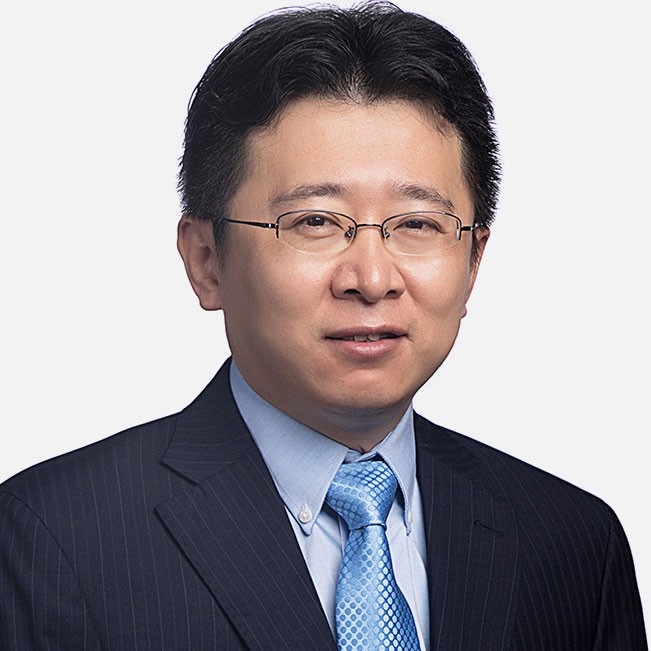
Accounting professionals need to help businesses transform and become sustainable over the long term while not losing sight of the importance of supporting their organisations in the process.
That was the key message of panellists at a session that explored the purpose of the profession at ACCA Hong Kong’s 70th anniversary virtual conference, held on 18 September. The panellists stressed that accounting professionals need to develop a forward-looking vision so as to identify trends and find solutions to anticipated problems while building on their ability to communicate and execute plans.
One panellist, Kim-man Wong, CFO at HK Electric Investments, pointed out that a decreasing number of residents on Hong Kong Island could affect electricity consumption. Accounting professionals at the company need to be forward-looking enough to not only identify such trends but also come up with proactive solutions to management, which ensures the sustainable development of the company.
‘Forecasting is another key function of finance, as it gives a strong indication of a company’s future development,’ Wong said. ‘Sustainable development is the ultimate goal. Accounting professionals should help the company transform during the journey towards this goal. During the process, the finance team should work closely with all departments, come up with various options for evaluation and discussion, and facilitate the management in making a decision before moving forward.’
Business as mutual
George Hongchoy, CEO at Link Asset Management, suggested that the ‘business as usual’ maxim of accounting professionals should be replaced by a ‘business as mutual’ mindset.
‘We as a company are not the focal point, but a stakeholder in the community,’ he said. ‘We need to collaborate with other stakeholders to improve the community together.
‘By adopting the business-as-mutual model, we can have a more comprehensive vision. We don’t come up with ideas internally and force them on the others, but we work together on the design of the solutions.’
Hongchoy added that accounting professionals had to imagine multiple scenarios and consider probabilities and impacts alongside risk assessments in order to assist in the interpretation of figures so as to facilitate reasonable business planning.
As accounting professionals, we always need to track and analyse changes in the external environment, such as technological trends, and society’s needs and expectations
Margaret Chan, chief executive and registrar at the Hong Kong Institute of Certified Public Accountants (HKICPA), agreed.
‘As accounting professionals, we always need to track and analyse changes in the external environment, such as technological trends, and society’s needs and expectations,’ she said. ‘Accountants set development goals and determine indicators to measure performance against these goals, so as to achieve sustainable development.’
On sustainability-related issues, accountants can play a part by quantifying social benefits and explaining them to stakeholders to justify the costs of adopting green measures. ‘There are different dimensions of cost and benefit measurements, and accountants are well-equipped with the skills to adopt different approaches,’ she said. ‘Apart from considering the initial investment, accountants can help to measure the social benefits such as whether a measure reduced the emissions intensity of operations or improved the long-term health of the public.’
Building sustainability
Ethics should be kept in mind in all circumstances, according to Agnes Chan, Hong Kong and Macau managing partner at EY. She reminded accounting professionals to adhere to principles while offering solutions.
Chan said that building organisational and people capabilities are two ways to approach the challenge of achieving sustainable development in the accounting profession.
‘Technology is the key in ensuring a company’s organisational capability can meet clients’ needs,’ she said, adding that her firm has made significant investment in developing new technology solutions. Robotic process automation enables some processes to be completed in two weeks instead of two months, while blockchain can help track a product’s place of origin as well as its delivery status.
As for building people capability, Chan pointed out that career progression among the new generation is often non-linear. She stressed that diversified services will require multiple skills.
Wong from HK Electric Investments also noted that accounting professionals often take up more roles nowadays. The importance of clerical work is diminishing and the work is now more knowledge-based. But as productivity improves over years, the finance function now costs much less as a percentage of a company’s total revenue.
A big ask
Jane Cheng, head of ACCA Hong Kong and the moderator of the panel, said ACCA Hong Kong provides up-to-date programmes for members to equip themselves with the skills they need, such as digital transformation in finance and data analytics.
‘Accounting professionals bear great responsibilities,’ she said. ‘No matter what positions they are in within a company or an organisation, they need to be value creators, value protectors and value communicators to help the profession grow steadily.’




